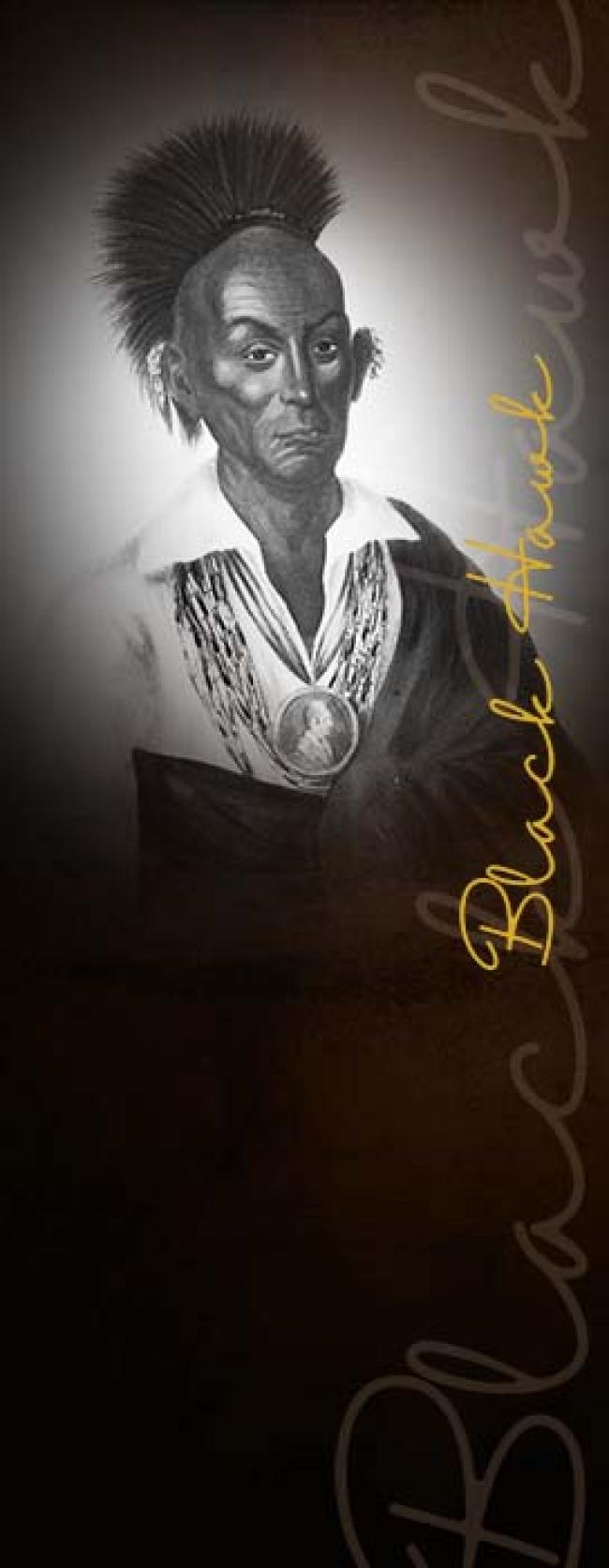
Augustana celebrates faculty promotions and tenure
Twelve faculty members advance in their careers at the college.

Anyone who has spent time in the Quad-Cities has no doubt seen the images and name of Black Hawk, the legendary Sauk chief.
Most know him as a local American Indian chief and fighter in the famous 1830 Black Hawk War. Black Hawk’s legacy, however, extends beyond that of chief and warrior; he was was one of the most important writers to come out of the area.
In 1833, Black Hawk narrated the story of his life to interpreter Antoine LeClaire and editor J.B. Patterson, and later that year the story was published as "The Autobiography of Ma-Ka-Tai-Me-She-Kia-Kiak," or Black Hawk.
Only the second American Indian to publish his story, Black Hawk was the first to criticize how white people treated native peoples. As Black Hawk explained, his people were “forced into war by being deceived” by white settlers.
Near the end of his autobiography, Black Hawk shared his hopes for the future:
“It has always been our custom to receive all strangers that come to our village or camps, in time of peace, to share with them the best provisions we have, and give them all the assistance in our power. If on a journey, or lost, to put them on the right trail, and if in want of moccasins, to supply them.
"I feel grateful to the whites for the kind manner they treated me and my party, whilst travelling among them — and from my heart I assure them, that the white man will always be welcome in our village or camps, as a brother. The tomahawk is buried forever!”

Twelve faculty members advance in their careers at the college.

Augustana's fall Symposium Day 2024 invited big ideas from any and all disciplines, welcoming presentations from students, faculty and staff, and distinguished guests — including keynote speaker Dr. Roosevelt Montás from Columbia University and Dr. Chris Hedlin '11 from the University of Notre Dame.

To prepare future teachers, the Golden Apple Foundation provides training and teaching experience during summer institutes; mentoring; academic and social support; and job placement assistance. Augustana is one of the program’s 50+ Illinois college and university partners.